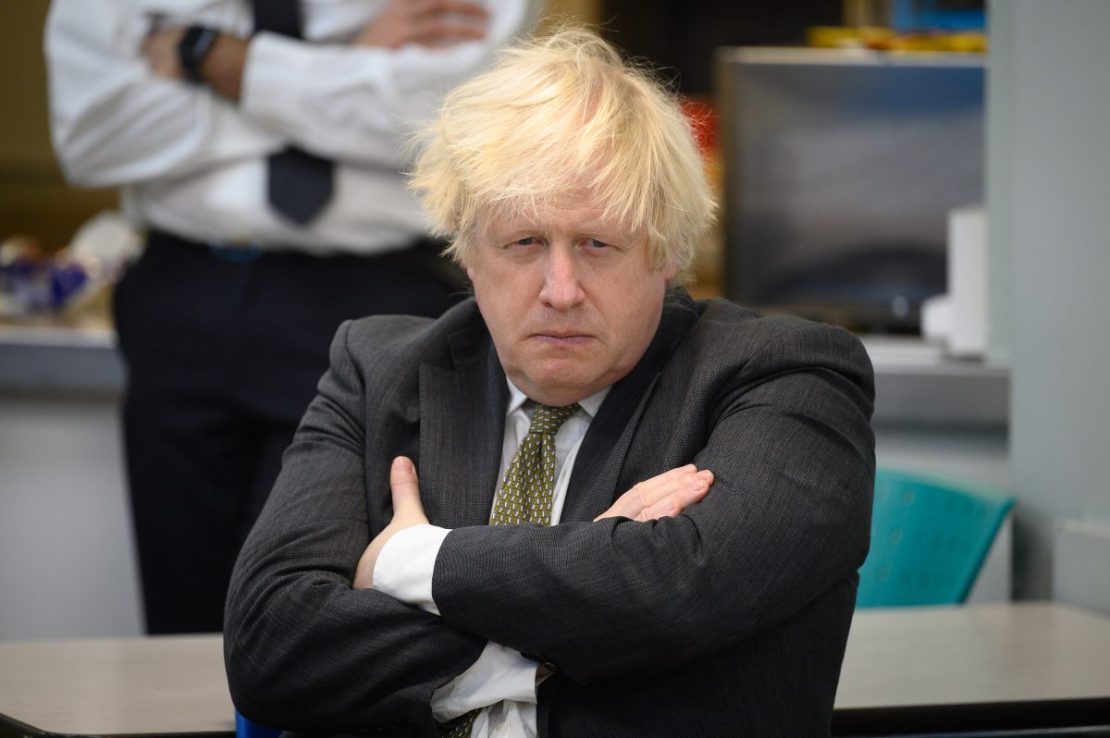Nuclear war is not just an 80s TV dystopia, it could happen
Can we sit calmly when there are 12,000 nuclear warheads in the world? Will Cooling reflects on the continued possibility of nuclear war


Can we sit calmly when there are 12,000 nuclear warheads in the world? Will Cooling reflects on the continued possibility of nuclear war
Last night, BBC4 took us back to the mid-eighties with a special repeat screening of Threads to mark 40 years since the seminal drama was released to international acclaim. Set in a then contemporary Sheffield, it seeks to demonstrate what the impact of nuclear war would be on ordinary people.
With a bluntness that is as unflinching as it is unnerving, the drama depicts a world where nuclear war has set living standards back centuries. Initially, the state would try to maintain order through managing supplies, directing workers and executing criminals without trial. But it would be overwhelmed as its agents fall sick, resources dwindle and the temperature cools as nuclear winter sets in. With key modern necessities either lost or highly limited, Britain regresses to a pre-industrial state, with a much smaller population focused on completing essential tasks by hand, particularly rudimentary agriculture. And the question of the longer-term impact of all that radiation does not disappear as the years pass…
There are arguments to be made against the drama. The most notable is, of course, that we did get through the 1980s without a nuclear exchange, with the principle of mutually assured destruction ensuring that neither America nor the Soviet Union began a war from which nobody could truly emerge victorious. And of course, the end of the Cold War began a period of rapid demobilisation, as countries on both sides of what had been the Iron Curtain sought to reduce their number of nuclear weapons. It is estimated today that there are barely a sixth of the nuclear weapons that were present in the 1980s. And while modern nuclear warheads are significantly more powerful than the two atomic bombs which were dropped on Japan in 1945, each of which destroyed large sections of a city by themselves, air defences have also improved since then. In any nuclear exchange, we would expect significant numbers of missiles to be shot out of the sky, hopefully over water where the damage they would cause to humans would be minimal.
And yet, can we really sit calmly in the knowledge that 12,000 nuclear weapons are still in the hands of today’s world powers? It’s not as if they all get on with each other; India won’t even send cricket players to a tournament in Pakistan! Meanwhile on the other side of the country, Indian and Chinese troops regularly clash, with such conflicts turning fatal last year. Russia is nearly three years into its invasion of Ukraine and has now experienced incursions inside its own territory with weapons supplied by Western powers, while Israel mulls airstrikes on Iran. Next month America may once again make Donald J. Trump its President!
It would not take much for one side to miscalculate, for the other to panic and for the entire world to be faced with World War Three. And yet, the world doesn’t seem to care. There seems to be no memory of the very fear that so many people lived with for decades, that any day the entire world would suddenly be engulfed by a nuclear cataclysm. Nor any realisation that the threat has not gone away. You saw this most strikingly when Christopher Nolan released Oppenheimer last year. Rather than engage with his warning that the creation of nuclear weapons may have started the chain reaction that destroys the planet, political obsessives were more interested in debating whether the director was a racist for not centring the Japanese perspective of Hiroshima and Nagasaki.
It was true then, and it’s true now, that weapons are built to be used, not warehoused. Robert Oppenheimer and the Manhattan Project gave humanity the tools to destroy itself, and the world’s politicians, scientists, and generals have since been in a desperate battle to avoid the inevitable. Threads remains a chilling reminder of what would happen to ordinary people should they ever lose that battle.
Will Cooling writes about politics and pop culture at It Could be Said Substack


